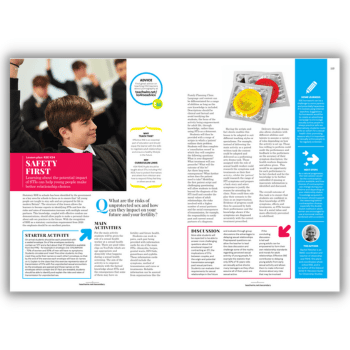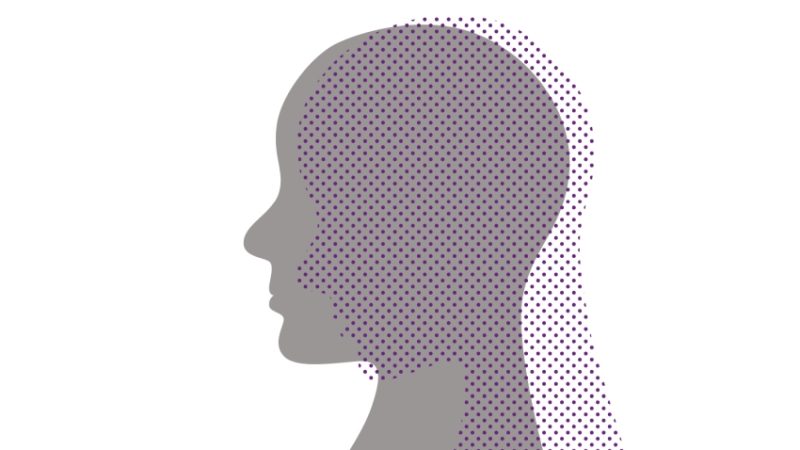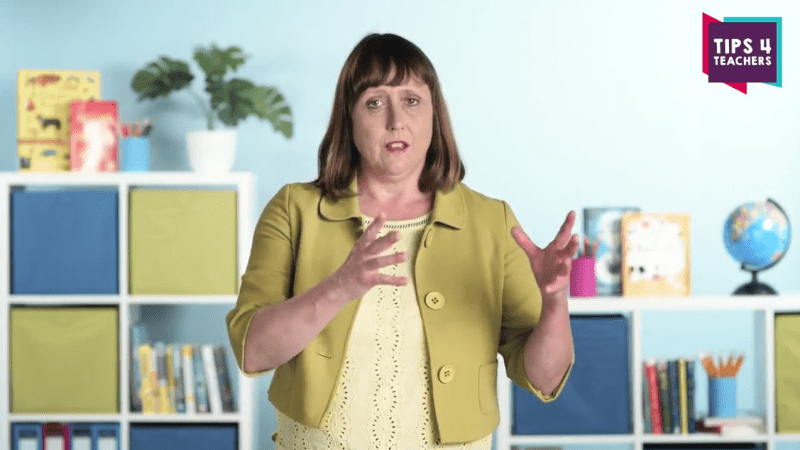Systemic racism in schools – What it takes to tackle it

Stamping out institutional racism in schools requires more than simply logging the most obvious and egregious 'racist incident' says Peter Radford…

In most schools, racism tends to be treated as a subsection of anti- bullying or behaviour policy.
We recognise that it’s a negative behaviour requiring sanction, and that all racist incidents should be logged. If asked whether they have problems with racism, schools will typically answer no, believing their number of ‘racist incidents’ to be at an acceptably low level – but that is to miss the key point concerning systemic racism. What we must recognise is that:
1 | Incidents of racist bullying and racial discrimination go unreported
At a secondary school I previously worked at, officially, our racist incident count was low – yet when I surveyed groups from an ethnic minority background in the school, their anonymous responses revealed a shocking picture of daily comments of racist abuse, racist attitudes and social exclusion that they readily admitted were ‘normal’.
2 | Racism and racial harassment take different forms
So-called ‘racist incidents’ don’t account for the myriad ways in which people of colour can be overlooked, ignored or excluded in schools and classrooms daily, due to conscious and unconscious bias. These aren’t ‘incidents’, since nothing specific actually happened – but that’s the point. Many people of colour and minority ethnic students will miss out on opportunities, feel they have to work twice as hard or live with the fact that they aren’t represented in the curriculum, in leadership, on the school council or similar.
3 | Reacting to racial bullying isn’t enough
When a system is inherently biased in favour of a white privileged majority, any process of change has to be deliberately set in motion. Tackling racism must extend beyond responding, however decisively, to ‘racist incidents’.
Instead, we must educate for change, beginning with an understanding of equity. Equity acknowledges that we are not all equal, and that to treat everyone ‘equally’ makes no sense. To achieve true equality, we must deliberately treat people un-equally – this is equity. We do this for disadvantaged children in the context of the Pupil Premium, but we have not, in the main, applied this principle to racial inequality.
Too often, we haven’t proactively sought to address inequalities by changing our systems, curriculums or school structures to promote fairness and celebrate difference.
Race equality and social justice – Free and Equal?
Taking place on 21 September 2021, Free and Equal? is a conference for schoolchildren and teachers that will examine strategies for tackling structural racism and inequality.
Organised by the Beyond This consultancy in association with Amnesty International UK and Unicef UK’s Rights Respecting School Award, the event will be held at Lytchett Minster School in Dorset and also streamed live online, with attendees able to hear first-hand accounts of growing up in the UK as a person of colour.
As well as learning and reflecting on how prejudice, unconscious bias and unfair practices continue to perpetuate injustice in society, those attending in person and turning in remotely they will be encouraged to engage in dialogue around difference and ways of challenging unfair systems.
Further details can be found by visiting beyondthis.co.uk/stand-up-conference or emailing standup@beyondthis.co.uk
Peter Radford a teacher, trainer, coach and inspirational speaker, regularly visiting schools and colleges nationwide; for more details, visit beyondthis.co.uk or follow @PRadfordSpeaker












